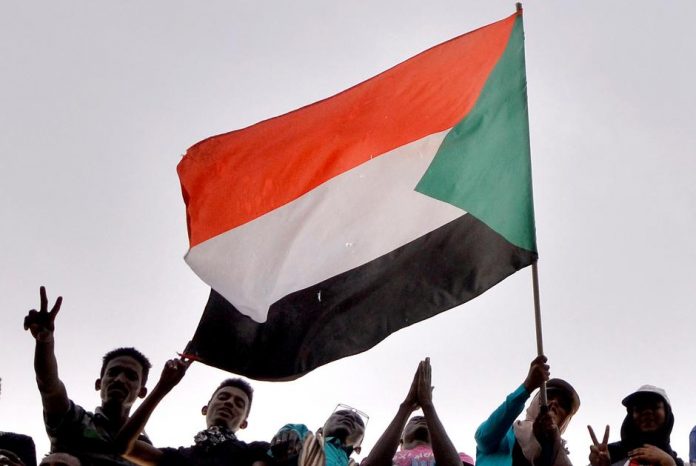Sudan’s so-called “solution” seems simple: remove U.S. sanctions so the beleaguered nation can recover from years of economic hardship. The UN Secretary-General said as much last week, claiming it’s time to mobilize international support to help Sudan overcome its challenges.
Recent developments affirm the idea. Leaders are “discussing rapid normalization” of relations between Israel and Sudan, once long-time foes. On Thursday, Sudan’s interim government settled with families of the victims of a 2000 attack on the USS Cole. Sudan was accused of providing support to al-Qaida, which claimed responsibility for the attack.
Steps like these may sound like progress, but Wycliffe Associates President Bruce Smith says tribalism is a tough mindset to change in Sudan.
“The complexity of the cultural and linguistic situation reflects how complex it’s going to be to rally that country in a unified direction anytime in the short term.”
Removing former president Omar al-Bashir is but one piece of a multifaceted puzzle. More than 100 languages reflect Sudan’s diverse people groups and tribes, each carrying its own complexities and challenges. “Within the country, you have lots of different factions that are vying for their own survival and their own place in the nation,” Smith explains.
“The removal of one person who’s at the head makes a significant difference in terms of the direction that everyone is being led,” he continues. “But, once that person is removed, there’s lots of movement going on among power brokers.”
SOURCE: Mission Network News, Katey Hearth
All Content & Images are provided by the acknowledged source



